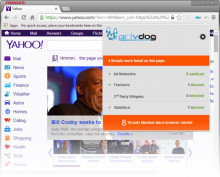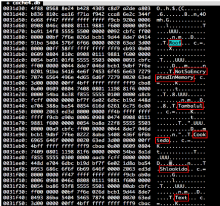Google scraps annual Pwnium bug-hunting contest
Google is scrapping Pwnium, its annual bug hunting event, and folding it into an existing year-round program in part to reduce security risks.
The company held Pwnium annually at CanSecWest, a security conference in Vancouver, to find security problems in its Chrome OS, Chrome browser and affiliated applications.













































































